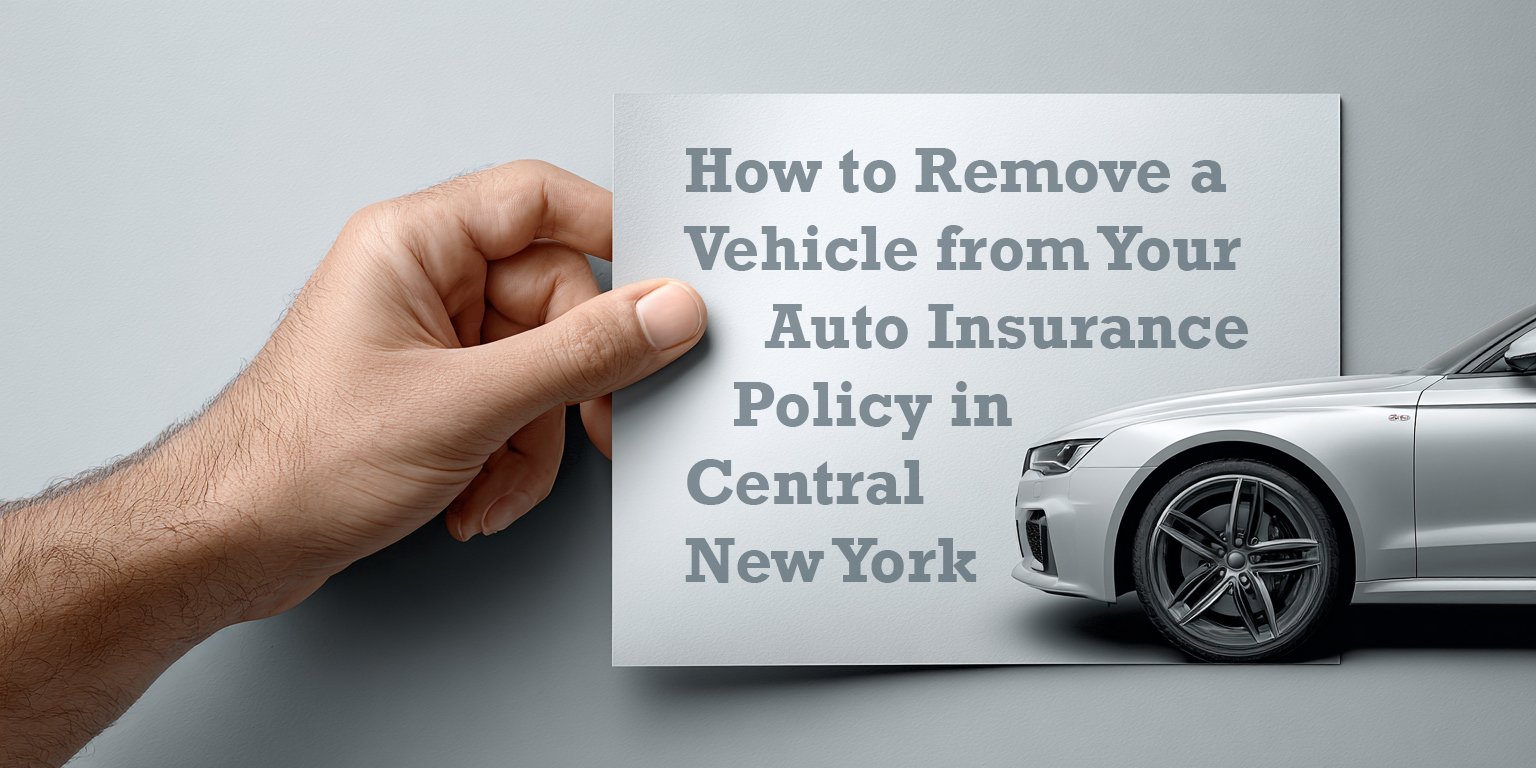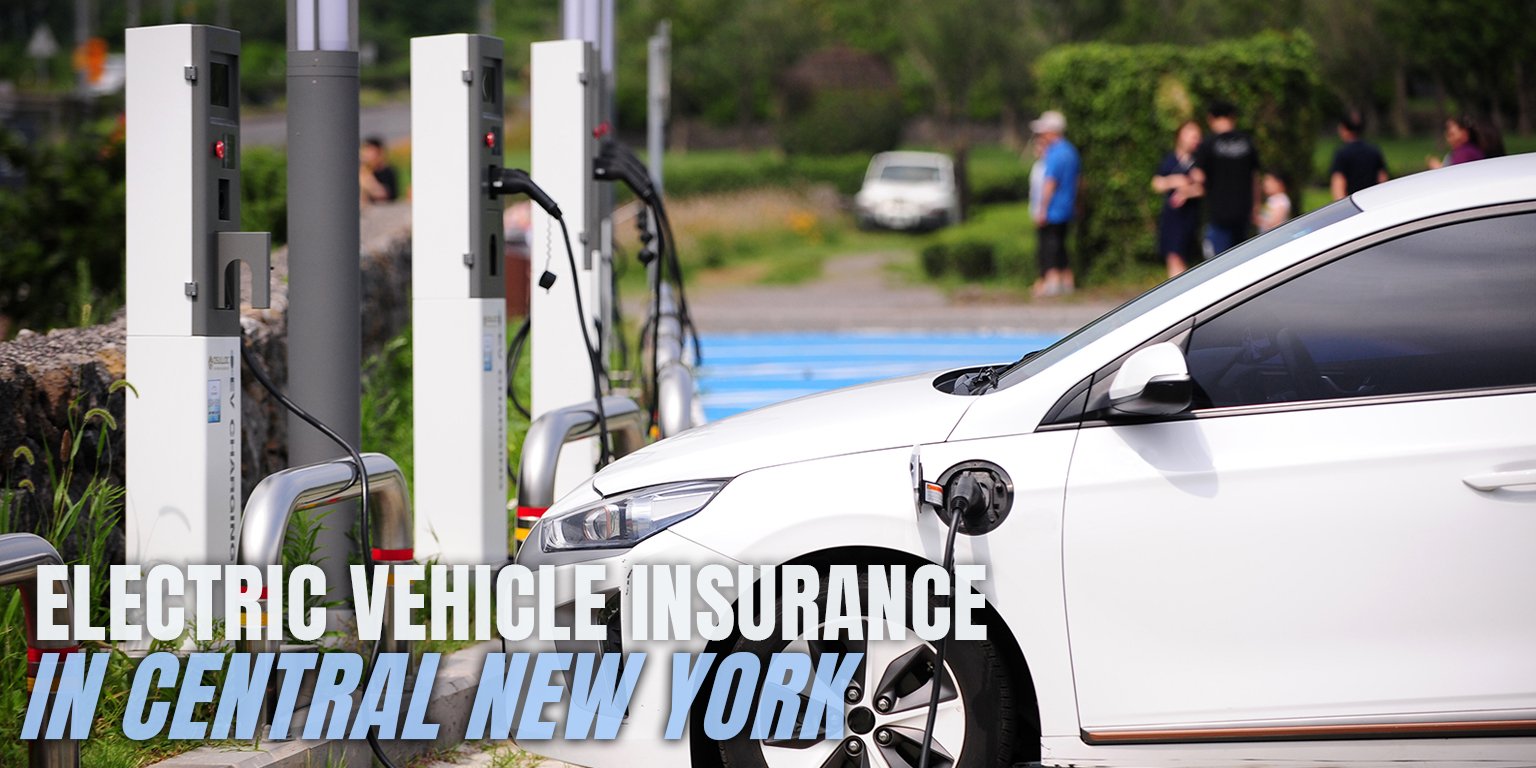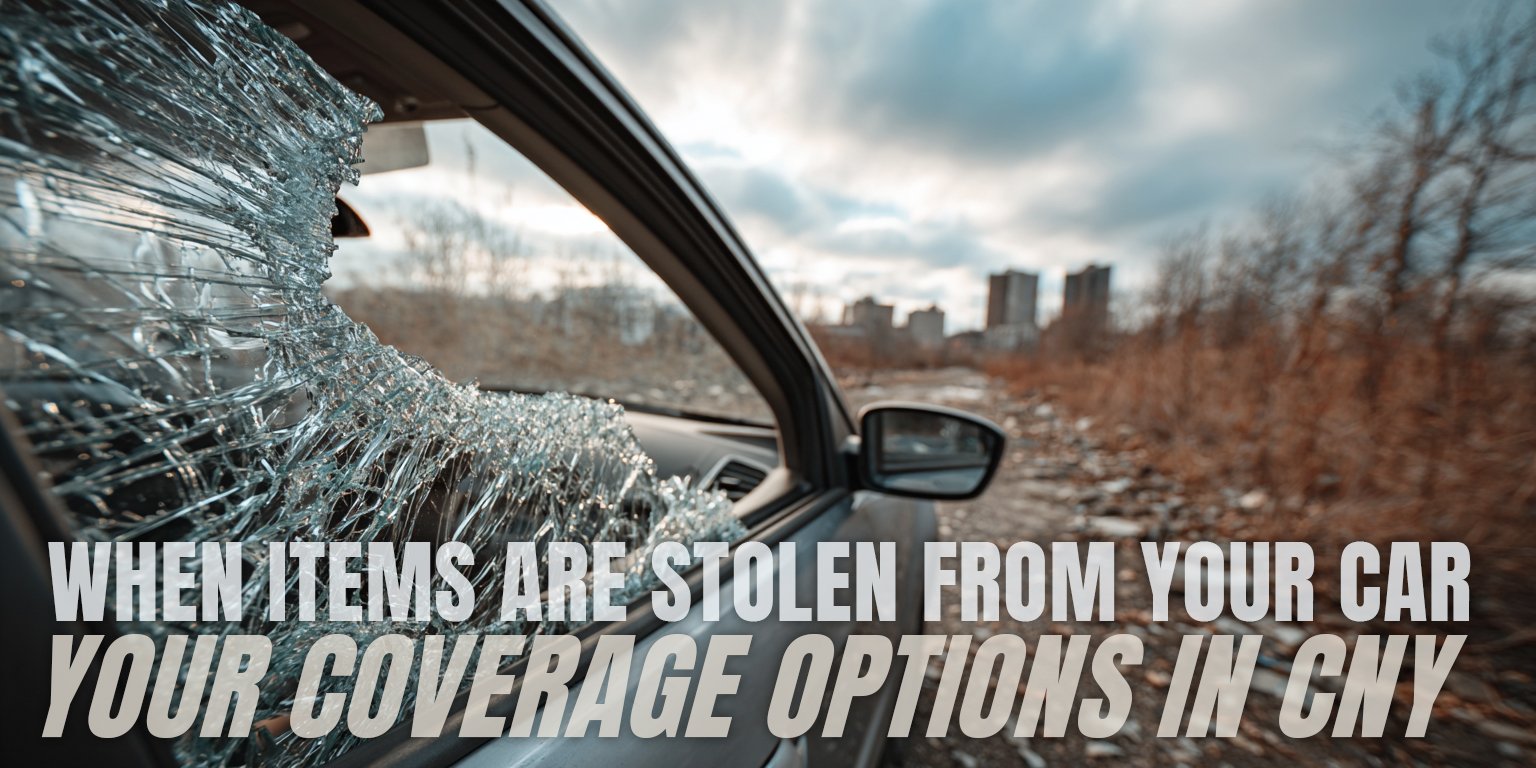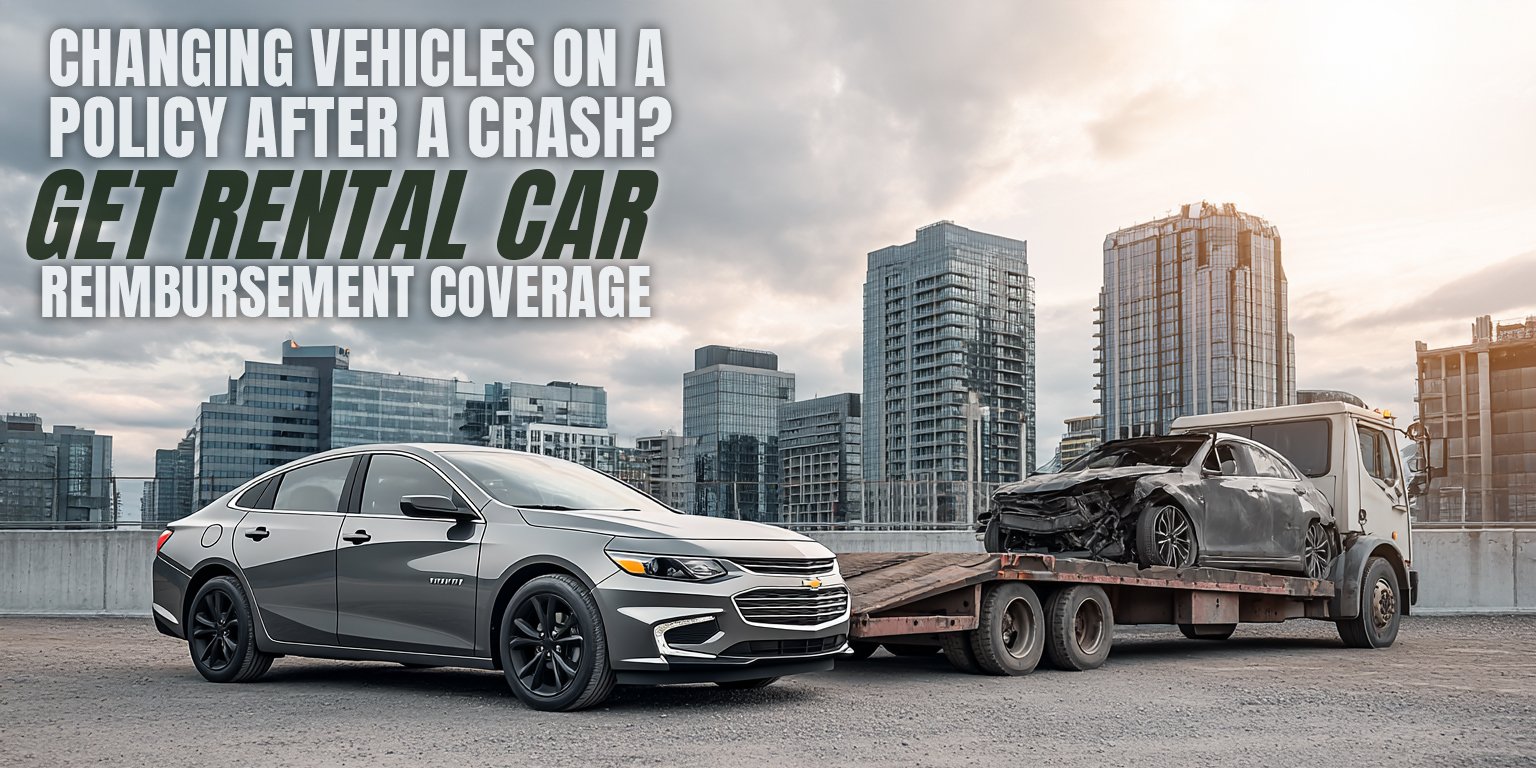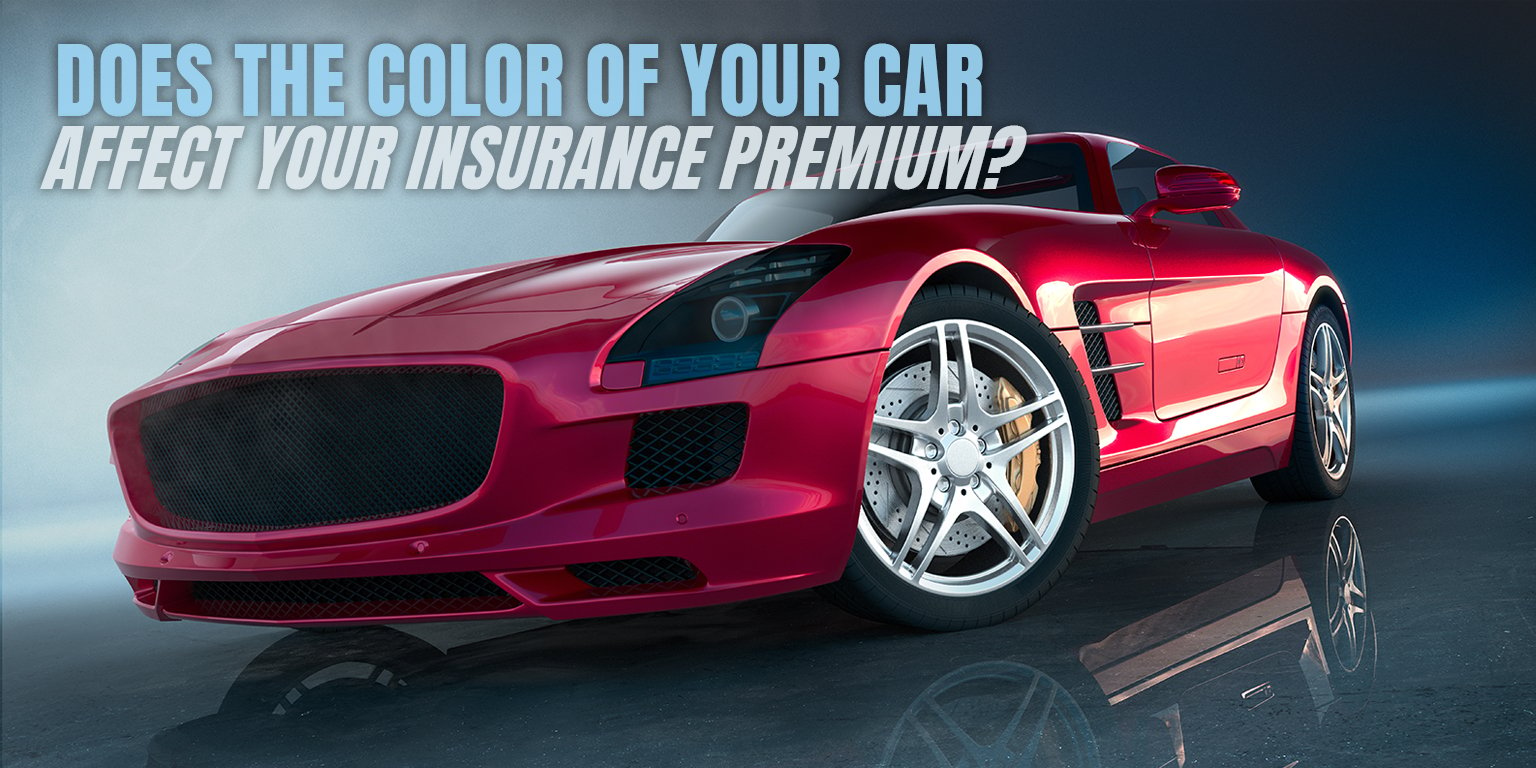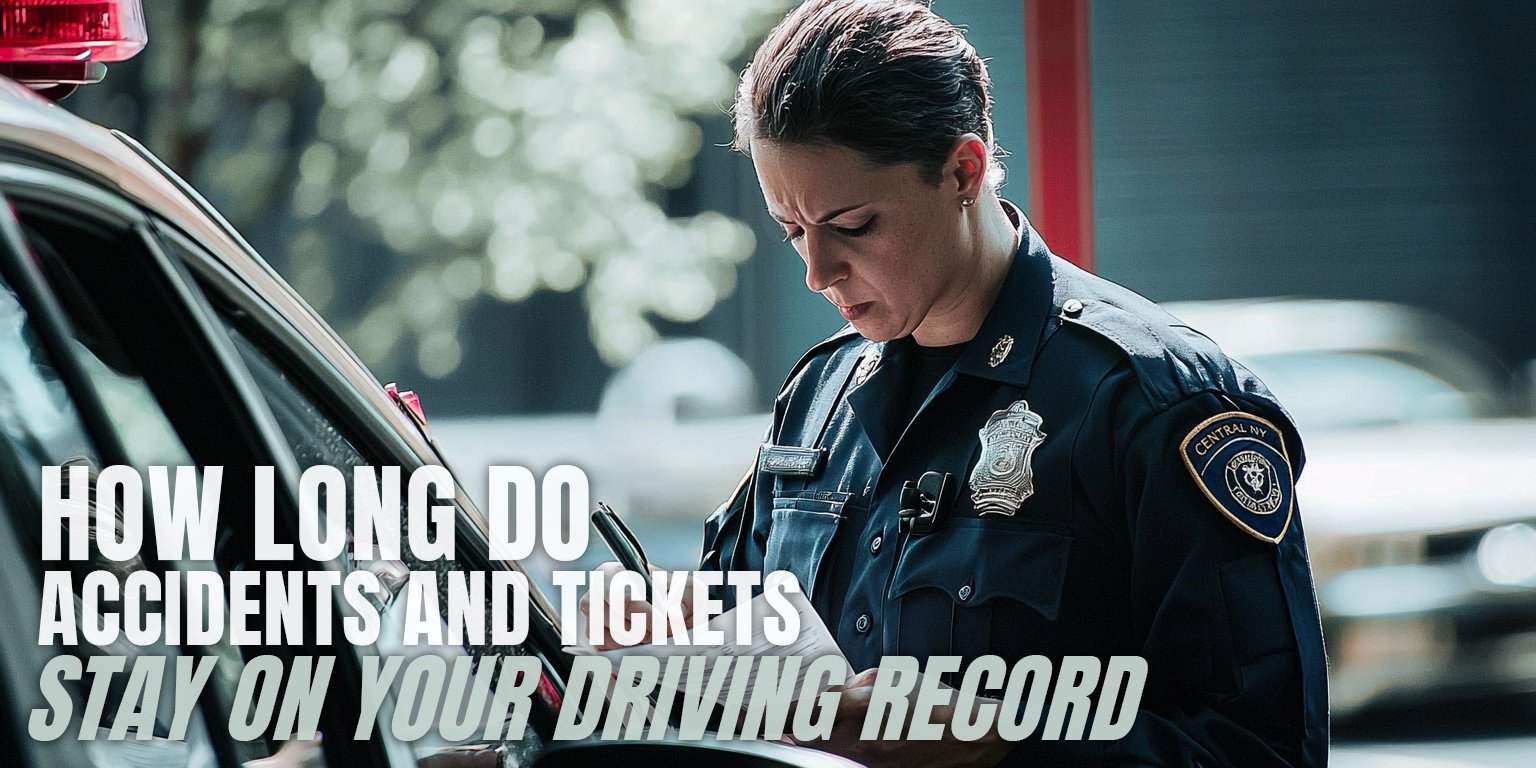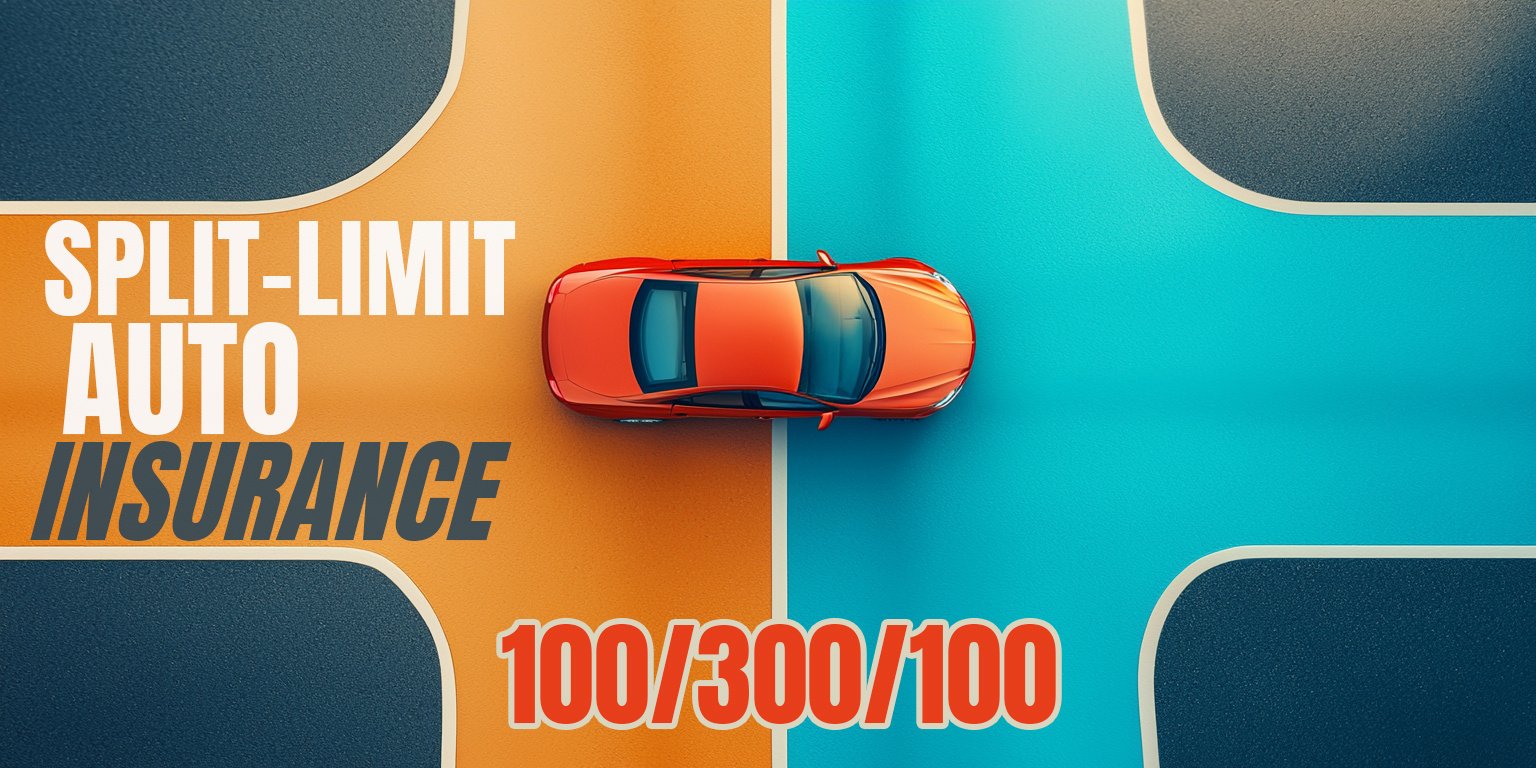Should I Keep “Full Coverage” on My Paid-Off Car?
August 30th, 2024
4 min read

When you finally pay off your car loan, it's a moment of triumph. But this accomplishment also brings a new decision: should you keep your “full coverage” auto insurance?
At Horan, we've guided many Central New York drivers through this scenario. As an independent insurance agency working with multiple carriers, we have unique insights that single-company agents can't match. We understand the nuances of different policies and how they apply to your specific situation.
This article will shed light on key considerations when deciding about coverage for your paid-off vehicle. We'll explore
- what “full coverage” often implies,
- factors to consider in your decision, and
- strategies to balance protection and cost.
Breaking Down “Full Coverage” for Central New York Drivers
Depending on who you ask, “full coverage” could include towing, rental car, and other add-ons. But typically, “full coverage” refers to a policy that includes both comprehensive and collision coverage, in addition to the state-required liability insurance.
- Comprehensive coverage protects your vehicle from non-collision related incidents like theft, vandalism, or damage from falling objects.
- Collision coverage pays for damage to your vehicle if you're in an accident, regardless of fault.
Understanding these components is crucial as we delve deeper into the decision-making process. Each type of coverage plays a specific role in protecting your vehicle, and their value can change as your car ages and its worth decreases.
See how comprehensive coverage differs from collision coverage for a better understanding.
Key Factors in Your Coverage Decision
Now that you own your car outright, you have the freedom to choose your coverage. Let's explore some critical factors to consider:
The $3,000 Rule and Your Vehicle's Value
Traditionally, a general rule of thumb has been to consider dropping comprehensive and collision if your car is worth less than $3,000. However, given the current high value of used vehicles in Central New York, this threshold might need adjustment.
Consider these updated scenarios:
- You have a ten-year-old sedan that would typically be worth $2,800, but due to the current market, it's valued at $4,500. In this case, keeping full coverage might still make sense despite the car's age, as the potential payout in a total loss scenario would be significant.
- You're driving a 15-year-old model that, even in today's market, is only worth $2,200. Here, the cost of comprehensive and collision coverage might outweigh the potential payout in case of a total loss.
Deductible Impact on Your Decision
Your deductible plays a crucial role in this decision, yet it's often overlooked. Let's break it down:
If you have a $500 deductible on a car worth $3,000, your maximum payout in a total loss would be $2,500. This is important to consider when weighing the cost of your coverage against potential benefits.
For example, if your car is worth $3,000 and you're paying $400 a year for comprehensive and collision coverage with a $500 deductible, you're effectively insuring $2,500 of value. As your car's value decreases over time, this equation changes, potentially making the coverage less cost-effective.
With that in mind, consider three things:
- your deductible amount,
- the annual cost of your comprehensive and collision coverage, and
- your car's current value.
This will help you determine if maintaining this coverage makes financial sense for your situation.
But there's no one-size-fits-all answer. What makes sense for one driver might not be the best choice for another. That's why it's crucial to discuss your specific situation with your insurance agent.
 The Value of Comprehensive Coverage
The Value of Comprehensive Coverage
Comprehensive coverage is typically less expensive than collision and offers protection against a wide range of incidents. It's particularly valuable in Central New York, where we face risks from severe weather, falling objects, and even deer collisions.
Moreover, comprehensive coverage often includes full glass coverage with no deductible. Given the frequency of windshield damage from road debris and harsh weather conditions in our region, this benefit alone can make comprehensive coverage worth maintaining.
Psychological Factors in Your Decision
It's important to acknowledge the emotional aspect of this decision. Many people feel a sense of security with broader coverage, even if the numbers suggest it might not be cost-effective.
Consider how you'd feel if you had to pay out of pocket for repairs or replacement. If the stress of potential costs outweighs the premium savings, maintaining more coverage might be the right choice for your composure.
Insurance Company Perspectives on Risk and Claims History
Insurance companies typically look at the most recent 5-year period when assessing your risk. If you've been claim-free for years but recently filed a claim, your risk profile changes in the eyes of the insurer.
It's also worth noting that there's no set formula for how much your rates might change after a claim. Each situation is unique, and the impact on your premium can vary widely. This unpredictability is another factor to consider when deciding whether to file a claim or pay out of pocket for minor damages.
Balancing Protection and Cost for Your Paid-Off Vehicle
Instead of making an all-or-nothing decision, consider these strategies:
1. Gradually Reducing Coverage
Start by dropping collision coverage while maintaining comprehensive. This strategy protects against theft, weather damage, and provides valuable glass coverage while reducing your premium.
2. Annual Coverage Review
As your car depreciates, review your coverage each year. What made sense when your car was worth $10,000 might not be cost-effective when its value drops to $5,000.
During these annual reviews, consider:
- Your car's current market value
- The cost of your coverage
- Your deductible amount
- Your financial situation
- Any changes in your driving habits or environment
Understanding Total Loss Scenarios
If you keep collision and/or comprehensive coverage, it's important to understand how insurance companies handle total losses:
The Total Loss Threshold
Insurance companies typically declare a car a total loss if repair costs exceed a certain percentage of the car's value (often around 75-80%). This means even relatively minor damage could result in a total loss for older vehicles.
Salvage Value Considerations
In a total loss scenario, the insurance company will pay you the actual cash value of your car minus your deductible. However, if you want to keep the car, you'll need to buy it back from the insurance company at its salvage value.
Making the Right Choice for Your Central New York Lifestyle
Deciding on insurance coverage for your paid-off car is a significant choice that depends on various factors unique to your situation. By understanding these issues, you're better equipped to make informed decisions about your vehicle's protection on Central New York roads.
Given the complexities involved, it's crucial to consult with an experienced insurance agent. They can provide personalized advice based on your specific circumstances and help you navigate this decision.
At Horan, we strive to be your trusted resource in navigating these changes. Our experience as an independent agency, working with multiple carriers, gives us a unique perspective on finding the right coverage for your specific situation.
Don't leave your vehicle's protection to chance.
Click the Get a Quote button below to connect with our team. We'll work together to ensure your auto coverage aligns well with your current needs and financial goals, giving you composure and security behind the wheel.
Daniel is an accomplished content creator. He has been working in publishing for almost two decades. Horan Companies hired Daniel as its content manager in November 2022. The agency entrusted its messaging to him. Since then, Daniel has written insurance articles, service pages, PDF guides, and more. All in an effort to educate CNY readers. He's helping them understand the world of insurance so they can make informed decisions.
Topics:






